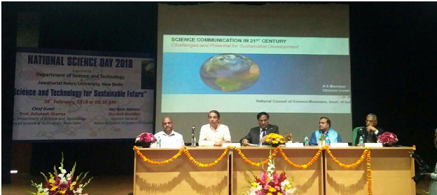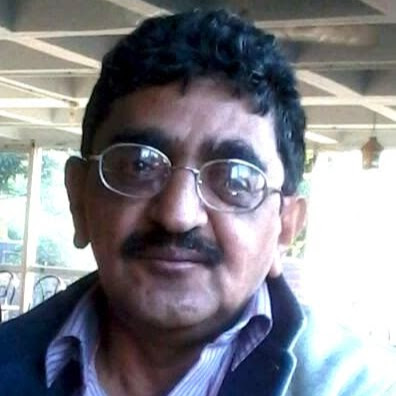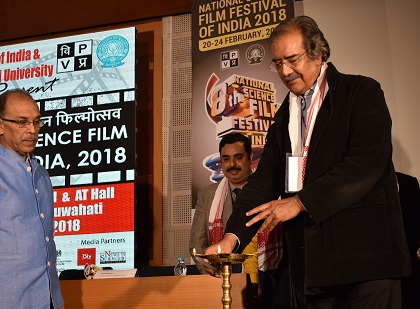Eminent physicist, Sir C.V.Raman was the toast of the day as Department of Science and Technology (DST) and Jawaharlal Nehru University (JNU) jointly celebrated the National Science Day to mark the discovery of Raman Effect which won him Nobel Prize and helped place India in the global map of science.
Director General of the National Council of Science Museum (NCSM), Anil Manekar, who delivered the keynote address, set the tone for the deliberations by recalling how apart from pursuing cutting edge science with limited resources, Raman made special efforts to popularize science among the people.
Noting that there was a myth that science was meant for children alone, he said there was a need for efforts to make science a way of life. “There is science in everything we do from morning to night. There is a need to appreciate this and promote scientific attitude among the common man.”
Emphasising that the scientific community had a great role to play in ensuring a sustainable future for the coming generations, he said there was a need for scientists and technologists to work in unison with policy makers and other sections of the society.

" There is science in everything we do from morning to night. There is a need to appreciate this and promote scientific attitude among the common man."
He detailed how NCSM was working to create awareness as to how science could help in solving various problems facing the country such as poverty, health, education and other such social issues through its science centres established across the country.
DST Secretary Dr Ashutosh Sharma said even while celebrating contributions made by eminent scientists such as Sir C.V. Raman, S.N.Bose, and Meghanad Saha, scientists need to try to excel them. There was a need to combine the eastern philosophy of `learning at the feet of the master’ with the Western thought that focused on `standing on the shoulders of the giants and look far ahead’.
He urged scientists to make use of the government’s latest programme to encourage young scientists to write popular articles about their research work. “We expect about 5,000 entries every year. Hundred top articles will be shortlisted and rewarded amply. We will also arrange for them to be published in newspapers, magazines and other popular outlets”.
JNU Vice Chancellor, Prof. M.Jagdeesh Kumar, emphasised the need for promoting renewable energy to ensure a sustainable future and urged for efforts to develop high capacity battery systems to store power generated by them. “Presently, lithium is the material of choice but it is not available in the country. We have to identify materials that are locally available in abundance”. (India Science Wire)

